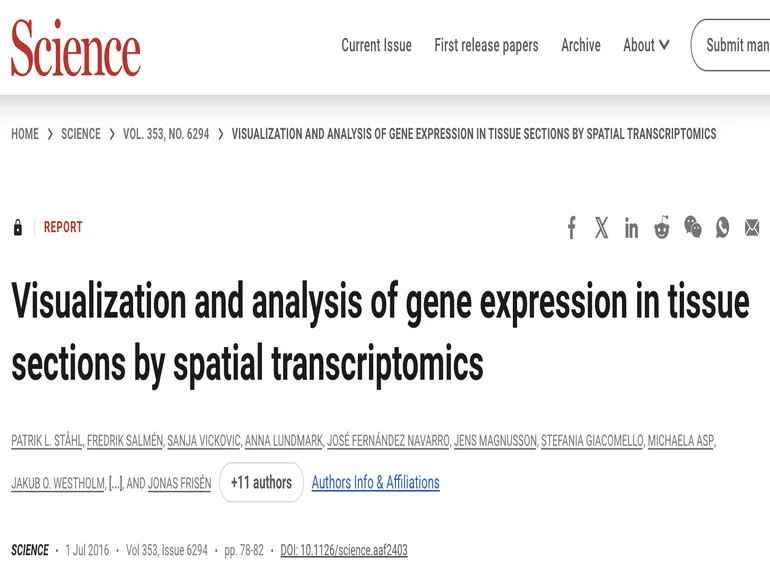Link to article
Citation
Hoffman, S. S., Tang, Z., Dunlop, A., Brennan, P. A., Huynh, T., Eick, S. M., Barr, D. B., Rushing, B., McRitchie, S. L., Sumner, S., Taibl, K. R., Tan, Y., Panuwet, P., Lee, G. E., Eatman, J., Corwin, E. J., Ryan, P. B., Jones, D. P., & Liang, D. (2025). Impact of prenatal phthalate exposure on newborn metabolome and infant neurodevelopment. Nature Communications, 16(1), 1-16. https://doi.org/10.1038/s41467-025-57273-z
Abstract
We evaluated associations among exposure to prenatal phthalate metabolites, perturbations of the newborn metabolome, and infant neurobehavioral functioning in mother-newborn pairs enrolled in the Atlanta African American Maternal-Child Cohort during 2016–2018. We quantified eight phthalate metabolites in prenatal urine samples collected between 8- and 14-weeks’ (visit 1; n = 216) and 24- and 30-weeks’ gestation (visit 2; n = 145) and metabolite features in newborn dried-blood spot samples collected at delivery. Associations between phthalate metabolite concentrations and metabolic feature intensities at both visits were examined using adjusted generalized linear models (MWAS). Then, an exploratory meet-in-the-middle (MITM) analysis was conducted in a subset with NICU Neonatal Neurobehavioral Scale (NNNS) scores (visit 1 n = 81; visit 2 n = 71). In both the MWAS and MITM, many of the confirmed metabolites are involved in tyrosine and tryptophan metabolism, including tryptophan, tyrosine, thyroxine, and serine. This analysis elucidates how prenatal phthalate exposure disrupts the newborn metabolome and infant neurobehavioral outcomes.




